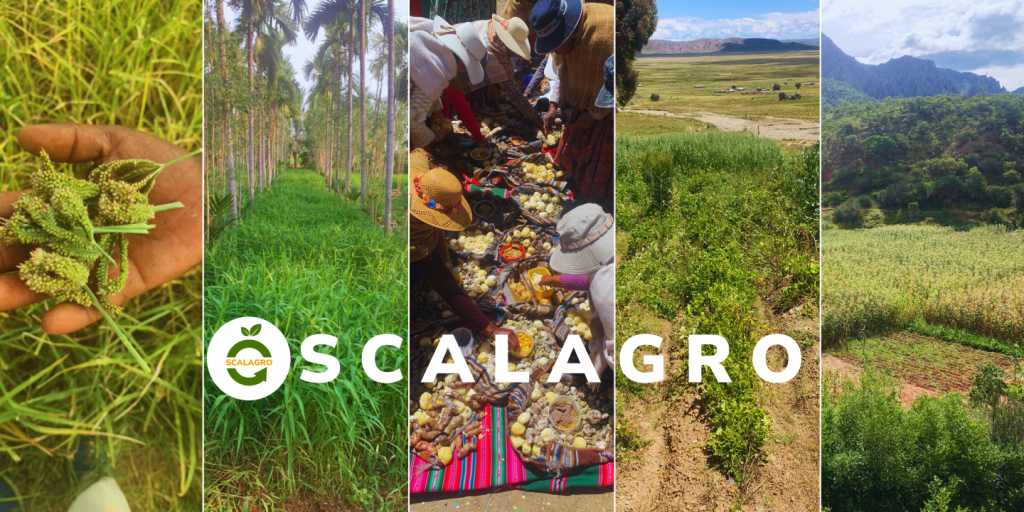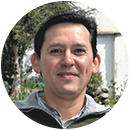
Résumé du projet
Mise à l'échelle de l'agroécologie en Inde, en Bolivie et au Burkina Faso est un projet de recherche-action consistant à identifier, tester et évaluer les soutiens nécessaires à l’adoption de pratiques agricoles basées sur les principes de l’agroécologie. Le but du projet est de contribuer à améliorer la sécurité alimentaire et la nutrition sans compromettre les écosystèmes naturels.
De nombreuses initiatives individuelles et communautaires, projets, et quelques exemples de politiques publiques comme en Inde, montrent que l’agroécologie est une alternative viable aux systèmes de production agricole conventionnels. Compte tenu de ses multiples bénéfices, productifs, économiques, sociaux et environnementaux, la question se pose de savoir pourquoi l’agroécologie n'est pas plus largement pratiquée et comment la diffuser à davantage de producteurs et sur davantage de terres?
L’expérience montre que l’expansion de l’agroécologie nécessite des soutiens externes. Ces soutiens peuvent consister en des activités d’apprentissage-partage des savoir-faire, la provision et/ou la subvention d’intrants agroécologiques, l’appui organisationnel aux acteurs de la transformation et de la commercialisation, la sensibilisation des consommateurs et la certification des produits alimentaires.
Nous postulons que l’expansion de l’agroécologie nécessite l’implication non seulement des producteurs mais également des décideurs politiques et agents techniques, des commerçants, transformateurs et autres intermédiaires des chaînes de valeur, et des consommateurs. Le projet vise ainsi à accompagner l’ensemble des acteurs du système alimentaire dans un processus de changement qui se traduirait par :
- Des mesures de soutien à l’agroécologie des pouvoirs locaux (des services de vulgarisation par exemple)
- Un nombre accru de producteurs pratiquant l’agroécologie, sur des superficies plus vastes ;
- Un développement des activités de valorisation et commercialisation des produits agricoles issus de l’agroécologie ;
- Une demande et une consommation accrue de produits issus de l’agroécologie.
Le projet est organisé en trois phases : (1) l’identification les besoins et demandes de soutien des acteurs et la sélection de dispositifs de soutien ; (2) le test des dispositifs de soutien ; (3) l’évaluation des résultats, à savoir dans quelle mesure les dispositifs de soutien concourent aux changements nécessaires évoqués ci-dessus.
Le projet est mis en œuvre dans des régions où les partenaires indiens, boliviens et burkinabés, instituts de recherche appliquée et praticiens du développement, travaillent déjà avec les producteurs, les organisations communautaires, et les pouvoirs locaux. Cette expérience et expertise est propice à une approche la plus participative possible, en l’occurrence l’implication de l’ensemble des acteurs dans les activités de recherche-diagnostique, de conception et test ainsi que l’évaluation des dispositifs de soutien.









































